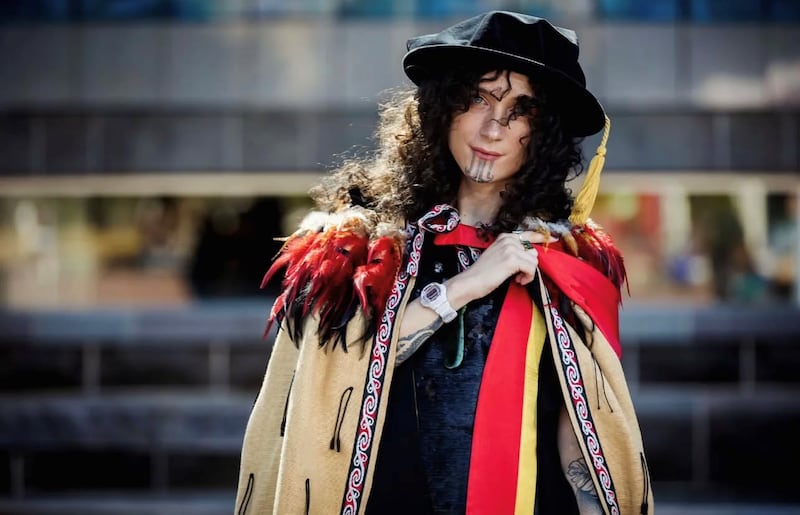Criminologist and Waipapa Taumata Rau lecturer, Emilie Rākete (Ngāpuhi), has condemned the Government’s decision to reinstate a blanket ban on prisoner voting, labeling it a form of systemic inequality that disproportionately affects Māori.

This comes after the Government agreed to reinstate a ban on all prisoners voting in general elections, dismissing a ruling from the High Court and recommendations by the Electoral Commission
The ban, which prohibits all prisoners from voting regardless of sentence length, was reintroduced following a Supreme Court ruling that upheld its legality.
However, Rākete argues that the policy fails by not only removing basic human rights but also respect for the law as well.
“Now what we’re seeing is the Crown completely abandoning this principle of formal equality before the law in order to take an action which enshrines inequality before the law, and doing so with no objective justification. Other than that, it harms Māori as all these policies have,”
Rākete’s comments align with findings from the Waitangi Tribunal, which found that the blanket ban on prisoner voting disproportionately affects Māori, who are overrepresented in the prison population. The Tribunal concluded the law breaches the Treaty of Waitangi by failing to uphold Māori rights.
“Te iwi Māori should never allow ourselves to be restrained to the level of arguing with the Crown over what the law says, because as soon as the Crown believes that its interest will be better served by ignoring the law in harming Māori. They will do so, they have done so, and they will continue to do so,”
E whā mano kotahi rau ngā tāngata mauhere i pōtihia
I raro i te kāwanatanga o Reipā, i whakaaetia te mana pōti ki te hunga e noho mauhere ana mō ngā tau e toru.
E ai ki te Tari Kōmihana Pōti, neke atu i te 4,100 mauhere i tuku pōti i te tau 2023.
Hei tā te minita take ture tā Paul Goldsmith, ki te noho mauhere te tangata, e kore rātou e ahei ki te tuku pōti.
“Anybody living in society has both rights and they also have responsibilities. Our view is that if you breach those responsibilities so badly to the extent you end up being sentenced to prison. Then temporarily you lose some of your rights,”
“We didn’t agree with that change; we thought that was another example of a government that was frankly soft on crime. So that’s why we’re changing that back,”
Kua kīia e te minita, e kore te ture nei e patu i ngā mauhere o te wā, nō reira, ka wātea tonu rātou ki te tuku pōti hei te pōtihanga ā-motu i te tau 2026.

